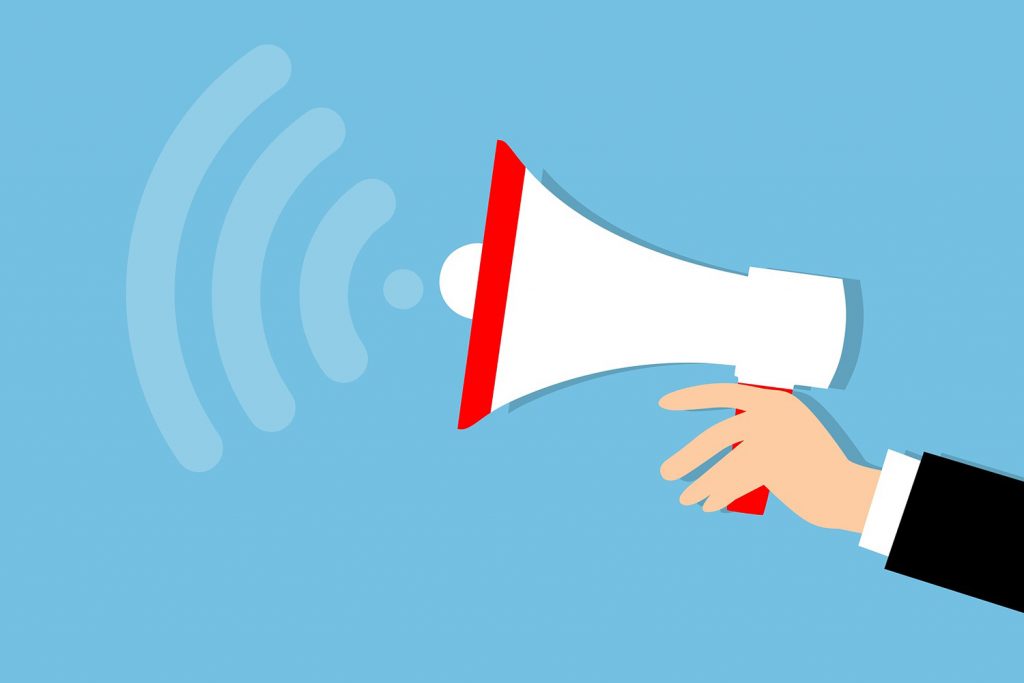Melvin Durai
One of the perks of being a celebrity is that you can make lots of money by being a brand ambassador and endorsing products, companies and organisations. If you’re a popular actor in India, the list of products you’ve endorsed is probably longer than the list of movies you’ve appeared in. If you’re a popular cricketer, it’s quite likely that more people have seen you in advertisements than matches.
It doesn’t matter whether you actually use the products you endorse — as long as you can convince your fans that you do. And it’s fairly easy to convince fans. One minute, you’re on TV saying that you drink Boost for energy, the next minute you’re raving about Coke, and a minute later you’re sipping the mango drink Frooti.
As a result, your fans are making their own concoctions, pouring equal amounts of Boost, Coke and Frooti in a blender. And before long, they’re wondering if you’ve endorsed Gelusil or Digene.
Akshay Kumar, one of the top brand ambassadors in India, has put his name behind a variety of brands, including GoQii, Honda, Nirma, Policy Bazaar, Livguard Energy, Kajaria Tiles, Harpic, PC Jeweller, Lever Ayush, Revital H, Relaxo Footwears, Prince Pipes — and if I keep going, I will run out of space in this newspaper. But Akshay’s fans may still have questions, such as: What brand of curry powder does Akshay recommend? Which carpet cleaner works best on pet stains? What ointment should I use on my rash?
If I sound cynical about celebrity endorsements, it’s because I know that most celebrities aren’t choosy about which products they endorse. Even a male actor will be eager to tell women which bra can give them a boost, as long as his bank account also gets a boost. He might even tell them to drink lots of Boost.
In fairness to celebrities, I’m sure some of them are sincere about the products they endorse. They wouldn’t intentionally put their names behind bad products. We should also give them credit for promoting charities and other worthwhile causes. Deepika Padukone, for example, is a brand ambassador for the Indian Psychiatric Society, promoting mental health on a pro bono basis. (‘Pro bono’ is a legal term that means no fee is charged. It should not be confused with ‘Pro Bono,’ which means that all payments go to the Irish singer Bono.)
While celebrities often use their social media accounts to promote products and enrich themselves, they occasionally exploit their huge followings to benefit the underprivileged. That’s what actor Randeep Hooda did recently when he urged his 830,000 followers on Twitter to ‘show some love’ to Revana Siddappa, an elderly man who was selling plants in front of a shopping center in Bangalore, while holding an umbrella for shade.
Members of Changemakers of Kanakapura Road, an organisation representing residents of the area, soon came to the man’s assistance. They provided him with a table, chair, fixed umbrella, sign advertising his medicinal plants, and more plants to sell. The only thing they didn’t do was include this message on the sign: “Randeep Hooda wants you to show me some love.”
Another elderly vendor got a social media boost from singer Diljit Dosanjh. He shared a short video of a 70-year-old widow who works hard to cook and sell dal, sabzi, parathas and other food at her roadside stall at Phagwara Gate market in Jalandhar, Punjab. Tweeting his ‘respect’ for the woman, Dosanjh asked his followers to visit her stall. I’m not sure how many people bought her food, but perhaps she needs to erect a sign that says, “Diljit Dosanjh delights in my delicious dal.”
